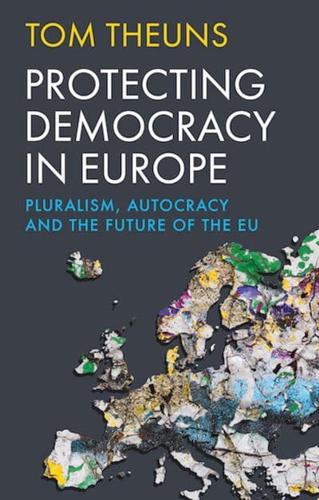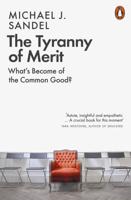Publisher's Synopsis
The future of Europe as a community of democratic states is deeply uncertain. The European Union, founded to promote 'ever closer' integration, aims nominally for peaceful, prosperous cooperation. But this ideal has been battered by a series of bruising crises, and now by war.
Protecting Democracy in Europe examines how, in this brave new world, the EU can and must safeguard democratic governance within its member states. Reviewing the Union's past responses, Tom Theuns demonstrates that its existing laws and policies are normatively and expressively incoherent. Its failure to defend democratic values is unsurprising: the EU's existing toolbox is based on an impoverished conception of democracy, and runs counter to its fundamental principles. Close attention to speeches by European Commissioners shows that they see democracy in a technical and legalistic way. This perspective--'democracy without politics'--is easy for would-be autocrats to exploit.
To protect democracy in Europe, Theuns argues, the EU must urgently correct policies that make it complicit in democratic backsliding. It must contain autocratic influences (within the strict limits of its political authority). And it must cultivate pluralist democracy within its constituent countries. But where this fails, he concludes, autocratic members should be expelled.








